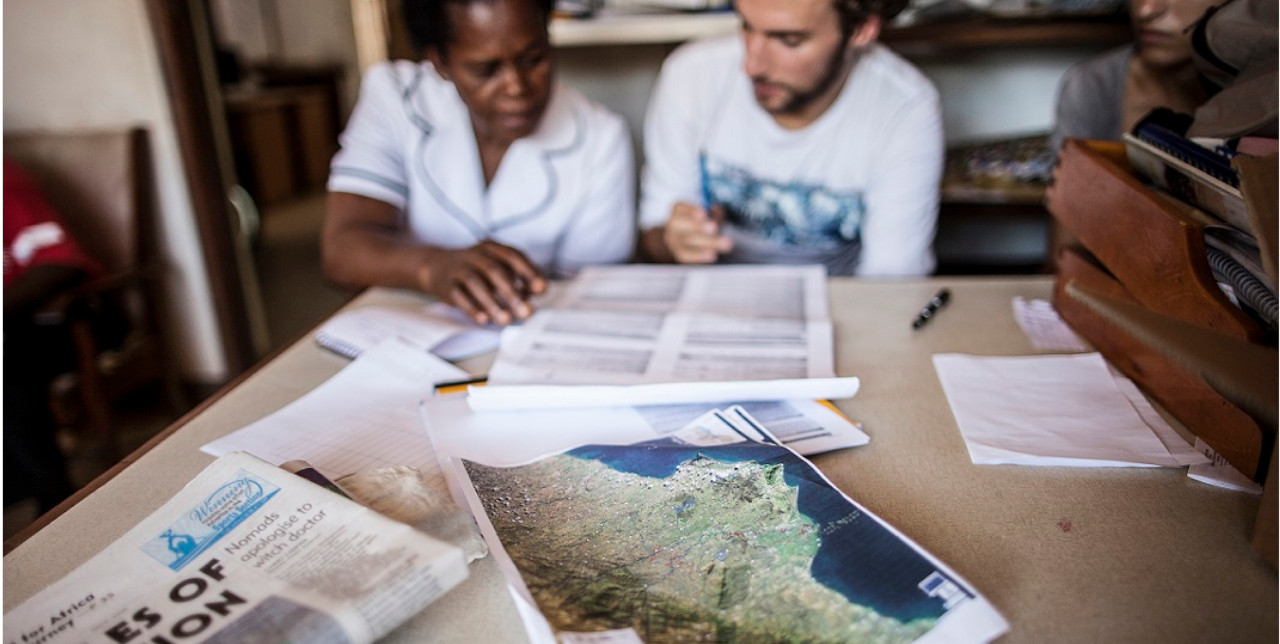31-03-2020 | di COOPI
Covid-19. In Malawi, COOPI takes part to the National Preparedness and Response Plan
Up to today 31st March 2020, Malawi has no confirmed cases of COVID-19 within its borders. Nevertheless, COOPI is already actively participating in the decision-making procedures which aim to prevent and manage the pandemic emergency and it’s about to upload the map of all health facilities in Malawi.
The National Preparedness and Response Plan to Covid-19
At the moment, COOPI in Malawi is involved in the development of the National Covid-19 Preparedness and Response Plan (PRP). In particular, COOPI is member of the Interagency Clusters’ Coordination which has the mandate to support the Government of Malawi in collecting all clusters’ plans and in consolidating them into a National PRP Plan. Thus, we are one of the primary recipients of the PRP plans.
Moreover, COOPI is member of the Humanitarian Country Team (HCT) which is the strategic and operational decision-making and oversight forum established and co-led by the Government of Malawi and the UN Resident Coordinator. The HCT is responsible for agreeing on common strategic issues related to humanitarian action. Therefore, COOPI is part of the decision-making body including the Government of Malawi, the UN agencies and the largest international NGOs (INGOs) operating in Malawi.
Together with other INGOs, COOPI is member of the Humanitarian Sub-Committee of the INGO network in Malawi and it is negotiating with the UN agencies the role of INGOs in the national response, trying to facilitate the support and the implementation of activities set in the National PRP. Although different scenarios have been considered in the national response plan, at the moment efforts are concentrated in the implementation of awareness-raising on hygiene and health procedures as well as on community sensitisation on Covid-19.
A geo-locating tool to map health facilities
Besides the activities related to the National PRP, COOPI is member of the UN-led working group on Data/Information Management for the Covid-19 crisis. In collaboration with the University of Salzburg, a whole dataset will be uploaded to allow users to geo-locate all health facilities in the country. Moreover, filters will be added to ensure users can visualize health facilities as well as institutions running it (e.g. Ministry of Health, Christian Health Association of Malawi and other service providers from the private sector, tea/sugar estates, etc.).
Once ready, the link will be shared with all humanitarian stakeholders in the country. This work will make available a comprehensive dataset to everyone, hopefully in a user-friendly way, which will be a fundamental tool in the decision-making process.
Finally, COOPI in Malawi is advocating within the humanitarian sector for enhanced preparation and planning of containment measures to apply in case of a widespread diffusion of the virus and if local transmission cases are confirmed.




 Malawi
Malawi